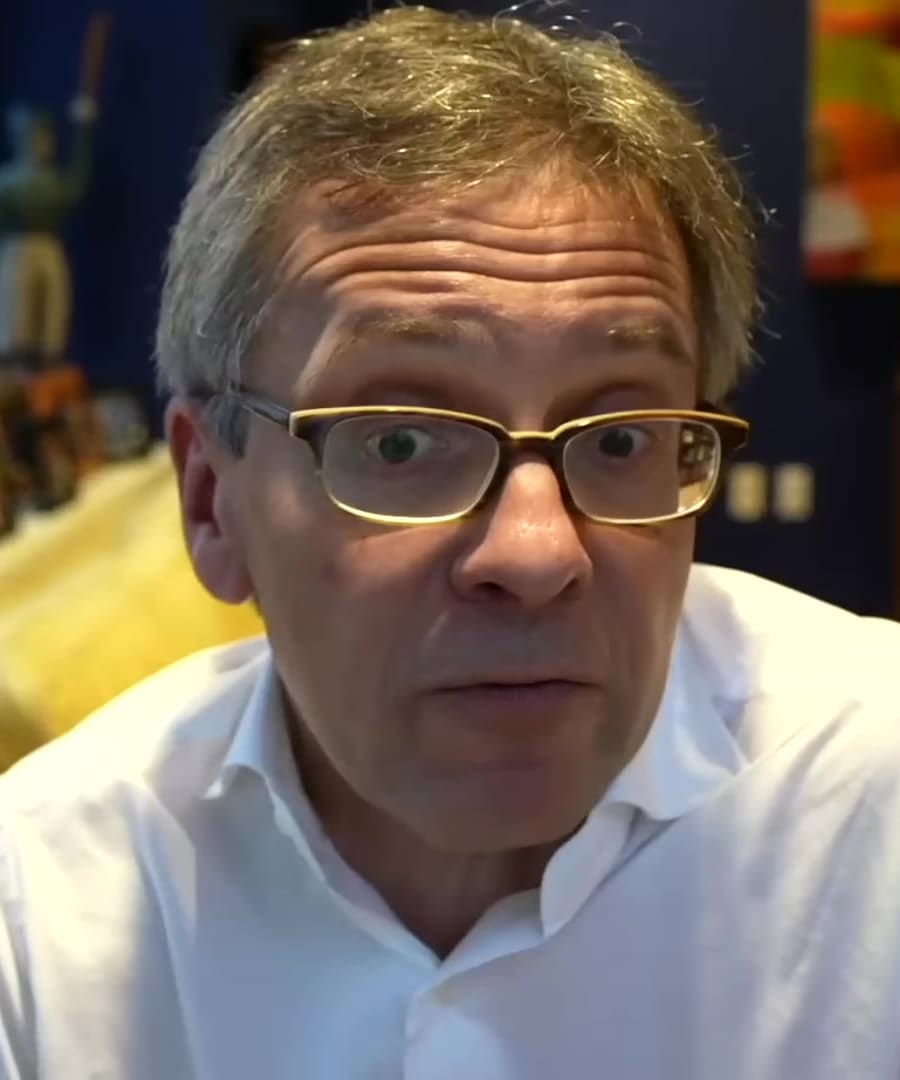American Political System
Sources:
Here are some insights from experts on the American political system:
-
Daron Acemoglu and Russ Roberts discuss the challenges of the American political system compared to the Nordic countries, noting its lack of responsiveness and effectiveness, influenced by its size and heterogeneity. They highlight how historical policies, like those of FDR, were blocked, leading to a more dysfunctional system today, exacerbated by norms and the influence of money in politics 1.
-
Ian Bremmer emphasizes the impact of dark money and special interests in the American political system. He argues that the billions spent on election cycles perpetuate a system that is unrepresentative and sclerotic, despite America's wealth and resources 2.
-
Peter Zeihan views the anger and upheaval in Washington as part of a cyclical transition in the American political system. He suggests that historical convulsions, like those during the Great Depression, lead to political restructurings, and we are currently in such a phase due to shifts in party alignments and global changes 3.
-
Former President Barack Obama and Reid Hoffman discuss the problems of political gridlock and obstruction politics. They highlight how structural elements, like the filibuster and increased political polarization, slow down the federal government, making it difficult to respond effectively to crises 4.
-
Yuval Levin talks about the stability of the American political system despite current concerns. He attributes issues to low-quality politicians and certain structural deformations but emphasizes the strength and durability of U.S. institutions which have historically survived more profound instabilities, including the Civil War 5.
-
Ezra Klein and Jamelle Bouie reflect on how American democracy operates more on norms than rules. They discuss the Constitution's limitations in facilitating true democracy and how current polarization is breaking down these norms, leading to a system vulnerable to exploitation by bad actors 6.
-
Sean Carroll considers the potential benefits of adopting a parliamentary system to reduce extremist power. However, he also notes the historical American preference for separating powers to avoid rapid changes by small groups and the intended benefit of divided government in promoting compromise 7.
RELATED QUESTIONS-

